- Written By Team DWS
- Festivals
- May 27, 2025
Honoring Veer Savarkar: Celebrating His Legacy on Jayanti
Every year on May 28th, India observes the Jayanti of one of its most influential yet contentious figures — Vinayak Damodar Savarkar, popularly known as Veer Savarkar. This day serves as a poignant reminder of his multifaceted contributions to the nation and the complex legacy he left behind. Recognized as a freedom fighter, a poet, a playwright, and a political thinker, Savarkar’s life encapsulates the fervor of a revolutionary committed to the liberation of India from colonial rule.
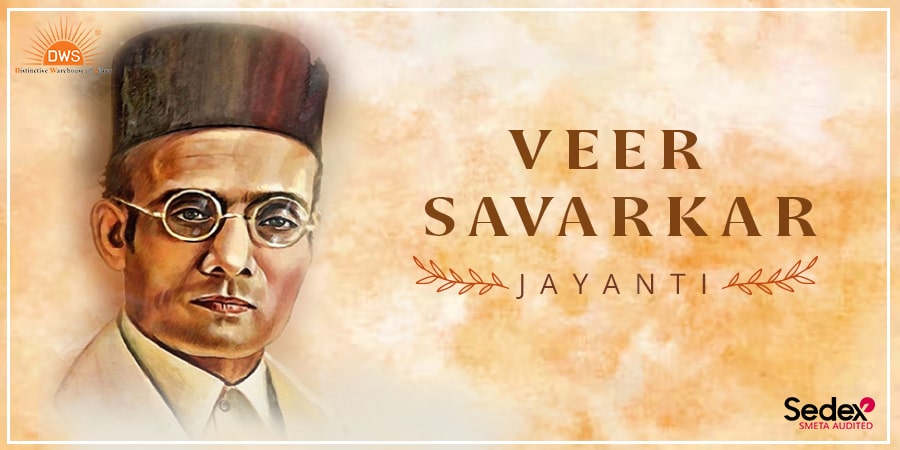
Early Life and Revolutionary Ideals
Veer Savarkar was born on May 28, 1883, in a small village in Maharashtra. Even as a young man, he exhibited extraordinary intellect and was deeply influenced by the socio-political landscape of his time. Following the ideals of great leaders like Lokmanya Tilak and Swami Vivekananda, he became a fervent advocate for India's freedom from British rule. His early involvement in revolutionary activities led him to London, where he founded the Hindustan Republican Association, a significant group campaigning for armed revolution against British imperialism.
Savarkar’s revolutionary zeal came to a head in 1909 when he was implicated in a conspiracy to assassinate a British official. His subsequent arrest and life sentence to the Cellular Jail in the Andaman Islands served as a catalyst for his transformation from a revolutionary into a thinker and writer. During his time in prison, he penned several important works that explored themes of nationalism, self-determination, and the revival of Hindu cultural identity.
The Concept of Hindutva
One of Savarkar’s most lasting contributions was the formulation of the ideology of Hindutva, articulated in his 1923 pamphlet, “Hindutva: Who is a Hindu?” In it, he proposed a vision of India where Hindu culture and identity would be integral to the nation’s ethos. He argued for a united Hindu identity that transcended regional, caste, and linguistic differences, emphasizing the need for Hindus to come together to reclaim their cultural heritage.
While Hindutva has been a source of pride for many, it has also sparked significant debate and controversy. Critics argue that it promotes exclusionary practices and undermines India's secularism, while supporters contend that it seeks to uplift the Hindu community in the face of historical oppression. Regardless of one’s stance, it is essential to acknowledge Savarkar’s profound impact on the discourse surrounding Hindu identity in contemporary India.
Literary Contributions and Legacy
Savarkar was not only a political activist but also a prolific writer. His literary works extend to poetry, plays, and historical analyses. His poetry reflects his revolutionary spirit and love for the motherland, while his historical writings, including “The First War of Indian Independence,” reinterpret Indian history from a nationalist viewpoint. This reshaping of narratives has had a lasting influence on how the freedom struggle is perceived today.
Celebrating Savarkar’s legacy goes beyond recognizing his contributions to literature and politics. It involves acknowledging the complexities of his thoughts and actions in the context of their time. His life offers lessons in resilience, commitment, and the importance of cultural identity in a country as diverse as India.
The Role of a Comprehensive Dialogue
On Jayanti, as we reflect on Savarkar's life, it is crucial to engage in a comprehensive dialogue that encompasses all facets of his legacy. His ideas about Hindutva, while controversial, have initiated important conversations about identity, religion, and culture that have relevance even today. Acknowledge his contributions while also fostering discussions around the implications of his ideology in contemporary society.
It is through such dialogues that we can honor his memory appropriately. History is rarely black and white, and Savarkar’s life is no exception. Understanding the nuances of his contributions can inspire future generations to consider how cultural identity can coexist with the principles of inclusivity and tolerance that are the foundation of India's secular framework.
Commemorating a Complex Legacy
On this Jayanti, as we pay homage to Veer Savarkar, let us do so with an intent to learn and reflect. His dedication to India’s freedom struggle, his literary prowess, and his attempts to develop a cohesive national identity are all facets of a legacy that deserves recognition. To honor Savarkar is not merely to endorse his political ideology; it is to engage with the intricacies of his thought and to understand the context in which he operated.
As we observe this day, we should encourage discussions that bridge the gaps in understanding and promote an inclusive narrative that celebrates India's diversity while acknowledging its historical struggles. Ultimately, honoring Veer Savarkar means striving for a future that embraces dialogue and unity while respecting the rich tapestry of Indian heritage.
In celebrating his legacy, may we strive to foster an India where every voice is heard and every identity is valued — the true essence of the nation. Let us be inspired by his vision to create an environment where differing viewpoints can coexist and flourish, and where the ideals of justice, liberty, and equality are upheld for all citizens. By fostering an atmosphere of mutual respect and understanding, we can honor the principles for which Veer Savarkar fought, while also charting a course towards a more harmonious society.

Veer Savarkar Jayanti FAQs: Frequently Asked Questions About the Celebrations and Significance
Sure! Below is a set of Frequently Asked Questions (FAQs) about Veer Savarkar Jayanti that provides information about the event, its significance, and related topics.
1. What is Veer Savarkar Jayanti?
Veer Savarkar Jayanti is the celebration of the birth anniversary of Vinayak Damodar Savarkar, commonly famous as Veer Savarkar. He was an Indian independence activist, politician, lawyer, poet, writer, and play a significant role in the nationalist movement against British rule in India.
2. When is Veer Savarkar Jayanti celebrated?
Veer Savarkar Jayanti is celebrated on May 28 every year, marking the birth of Savarkar, who was born in 1883.
3. Why is Veer Savarkar significant in Indian history?
Savarkar is known for his contributions to the freedom struggle against British colonialism, his role in promoting Hindutva ideology, and his writings. He was the first to coin the term "Hindutva," advocating for the unification and cultural identity of Hindus in India.
4. What events are organized to celebrate Veer Savarkar Jayanti?
Various events are organized across India, including commemorative speeches, cultural programs, discussions, and exhibitions highlighting Savarkar's life and contributions to the freedom struggle.
5. How is Veer Savarkar viewed in contemporary India?
Views on Savarkar are varied. While some regard him as a courageous freedom fighter and a visionary leader, others criticize his ideology and political views. His legacy continues to be a subject of debate in contemporary Indian discourse.
6. Are there any memorials or statues commemorating Savarkar?
Yes, several statues and memorials dedicated to Savarkar exist in various parts of India. Notable locations include the Cellular Jail in Andaman and Nicobar Islands, where he was imprisoned, and various parks and public spaces named after him.
7. What is the significance of the term 'Hindutva'?
'Hindutva' is a political ideology advocating for the promotion of Hindu culture and identity in India. It gained prominence in the early 20th century and continues to influence political discourse today.
8. Can people participate in the celebrations?
Yes, many events organized on Veer Savarkar Jayanti are open to the public. Participants can engage in discussions, cultural performances, and commemorative gatherings.
9. Are there any works of literature by Savarkar that are noteworthy?
Savarkar was a prolific writer and his works include poetry, historical accounts, essays, and books on Indian nationalism, such as "The First War of Indian Independence 1857" and "Hindutva: Who is a Hindu?"
10. How can one learn more about Veer Savarkar and his contributions?
To learn more about Savarkar, one can read his books, visit documentaries, engage in discussions in academic forums, and visit historical sites associated with his life and work.
Conclusion
Veer Savarkar Jayanti serves as a reminder of a significant figure in India's fight for independence and the complexities of his legacy in contemporary society. Whether through public celebrations or individual reflection, it provides an opportunity to explore and discuss his contributions to Indian history.
Popular on Blogs
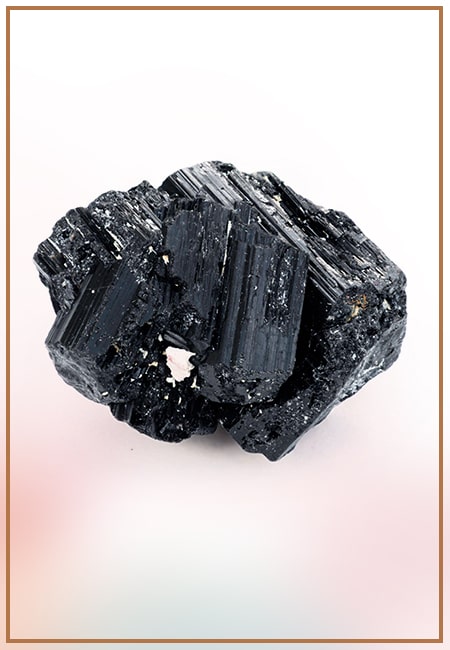
Black Tourmaline: Meaning, Healing Properties, Fascinating Facts, Powerful Attributes, Versatile Uses, and Beyond
September 05, 2023 / BY Team DWS
Black Tourmaline, also known as Schorl, is a highly revered crystal with incredible metaphysical properties. It derives its name from the Dutch word "turamali," meaning "stone with ..
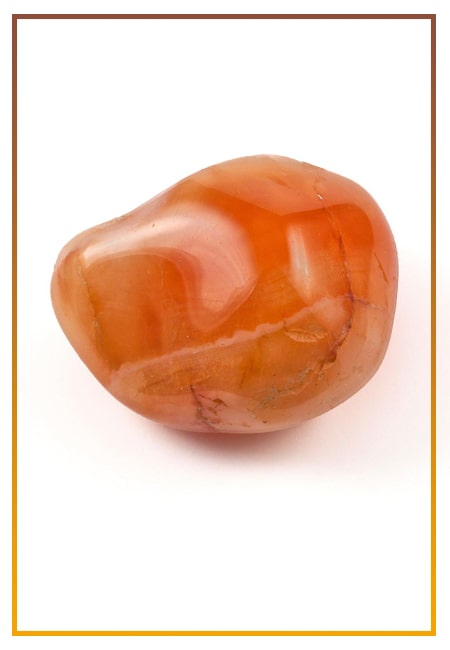
Carnelian Stone: Meaning, Healing Properties, Power, Facts, Color, Uses and More
December 26, 2023 / BY Team DWS
Carnelian is a vibrant and captivating gemstone that holds a plethora of meanings, healing properties, and powers. Its warm and fiery energy makes it a popular choice among crystal ..
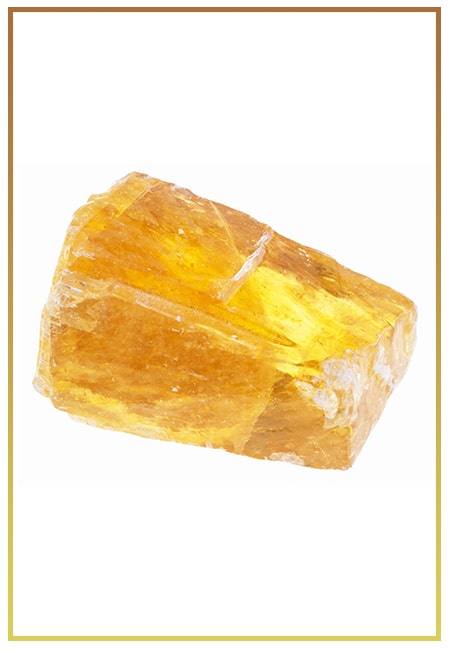
Citrine: Exploring its Meaning, Healing Properties, Fascinating Facts, Powers, Versatile Uses, and Much More
November 18, 2023 / BY Team DWS
Citrine, with its warm golden hues, has captured the attention and imagination of people for centuries. This beautiful gemstone, commonly associated with wealth and prosperity, hol ..

Black Onyx: Unveiling the Meaning, Healing Properties, Fascinating Facts, Powerful Attributes, Versatile Uses, and Beyond
July 25, 2023 / BY Team DWS
Black Onyx, a striking gemstone admired for its deep black hue and elegant appearance, has captivated people for centuries. In this comprehensive guide, we will delve into the mean ..
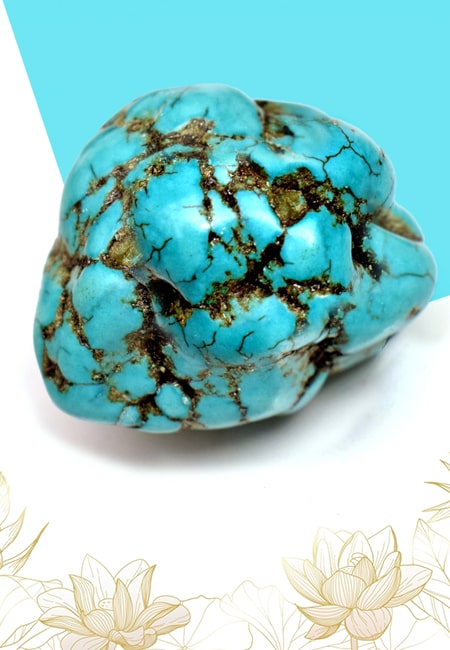
Unveiling the Mysteries of Turquoise Stone: Exploring its Meaning, Healing Properties, Power, Facts, Color, Uses, and More
December 05, 2023 / BY Team DWS
Turquoise, with its captivating blue-green hue, has been adorning jewelry and artifacts for centuries. This striking stone has a rich history, rich symbolism, and a plethora of int ..

The History Behind The Popularity of Red Agate
December 23, 2022 / BY Team DWS
An Agate is a type of magma rock that takes many years till it is washed out naturally into the water. And that is the reason this stone has elements of water. This beautiful stone ..

Plan a Perfect Valentine's Week with Our Valentine Week List 2025
January 22, 2024 / BY Team DWS
Valentine's Day is undoubtedly the most romantic day of the year, but we believe that one day is just not enough to express your love and make your partner feel special. That's why ..
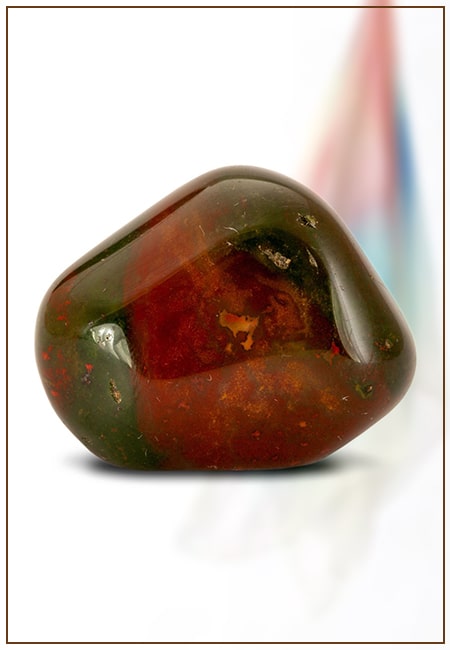
Bloodstone: Unveiling the Meaning, Healing Properties, Facts, Powers, Uses, and More
August 21, 2023 / BY Team DWS
Bloodstone, with its captivating deep green color with specks of red, is a mesmerizing gemstone that has fascinated civilizations for centuries. It possesses unique healing propert ..


